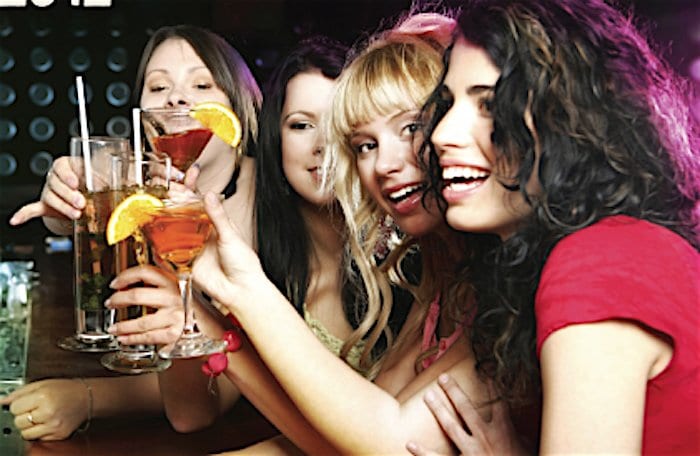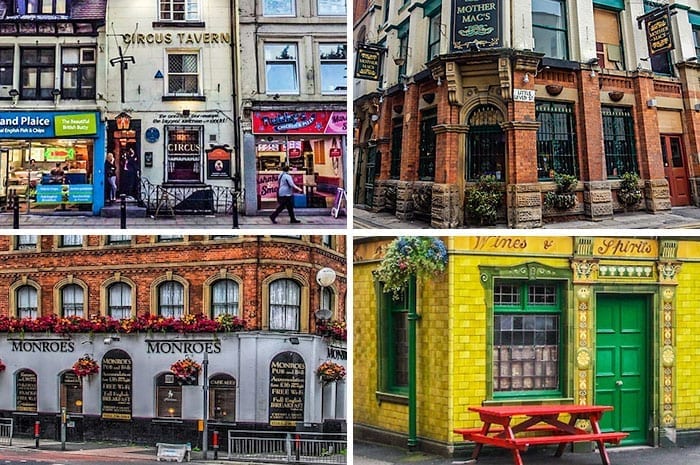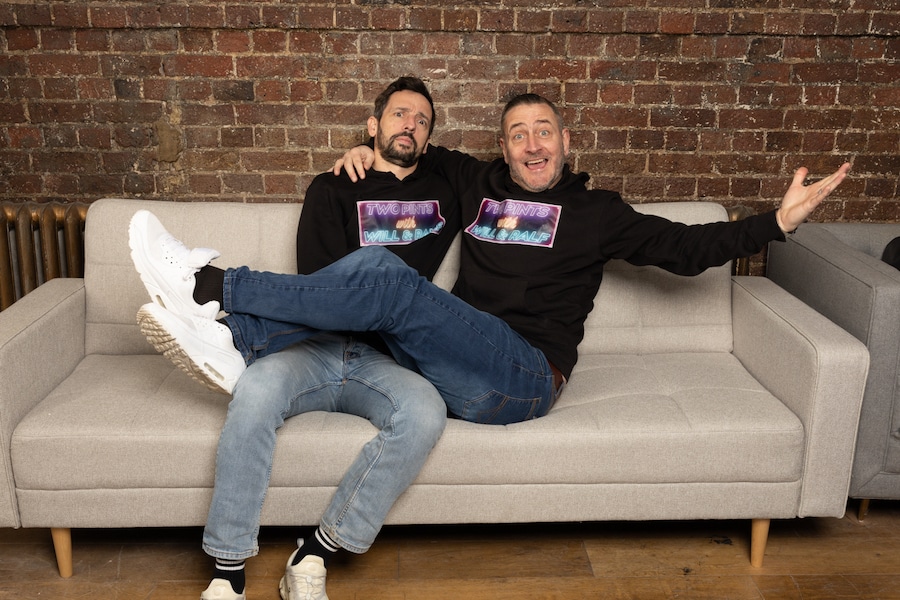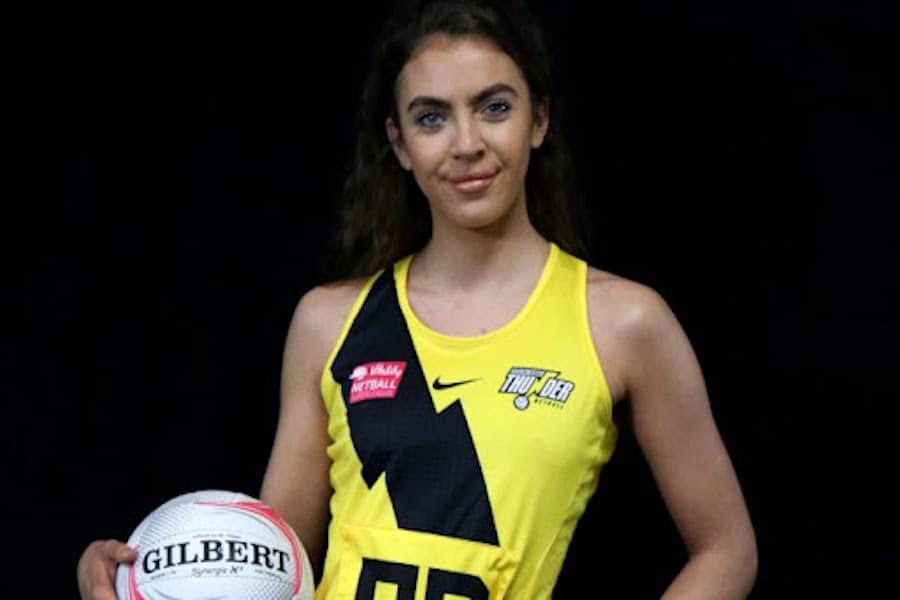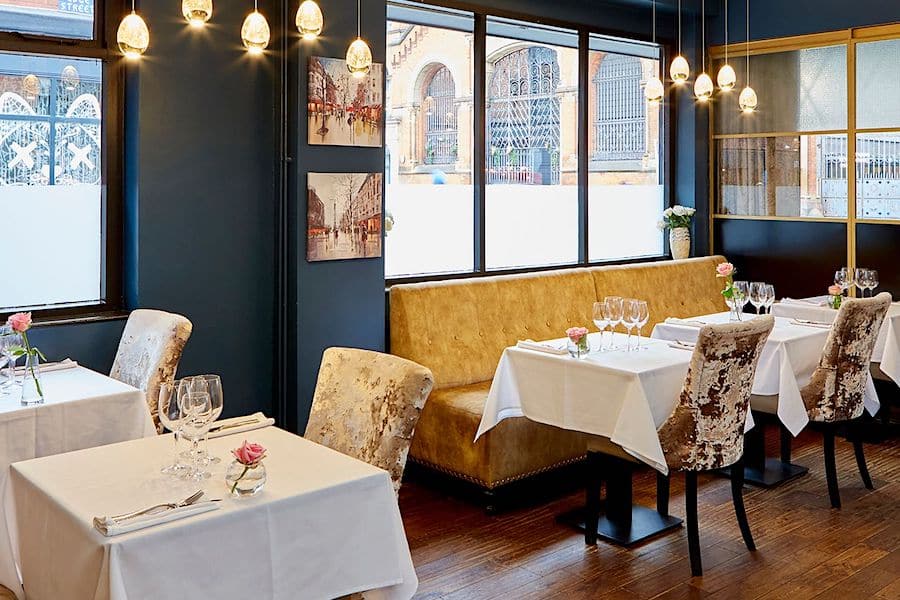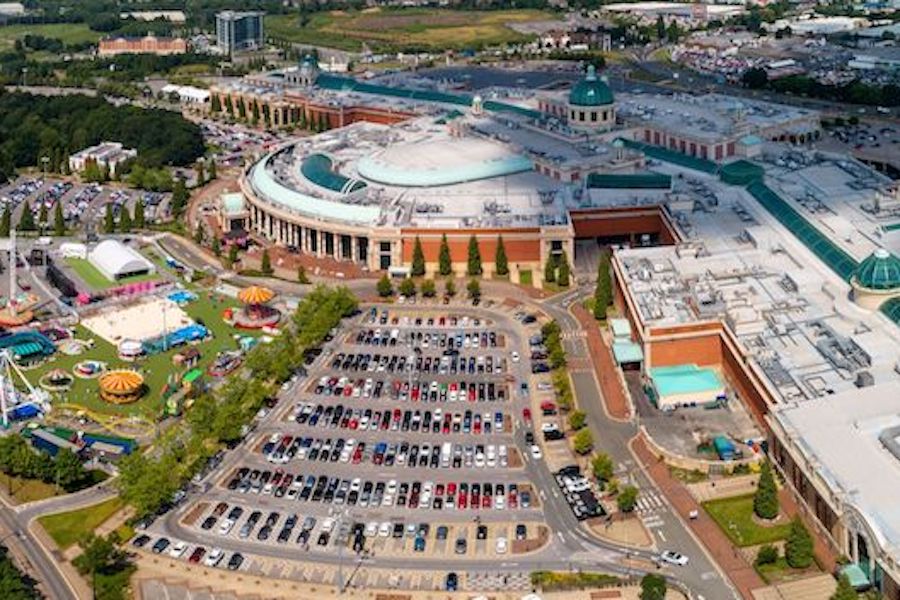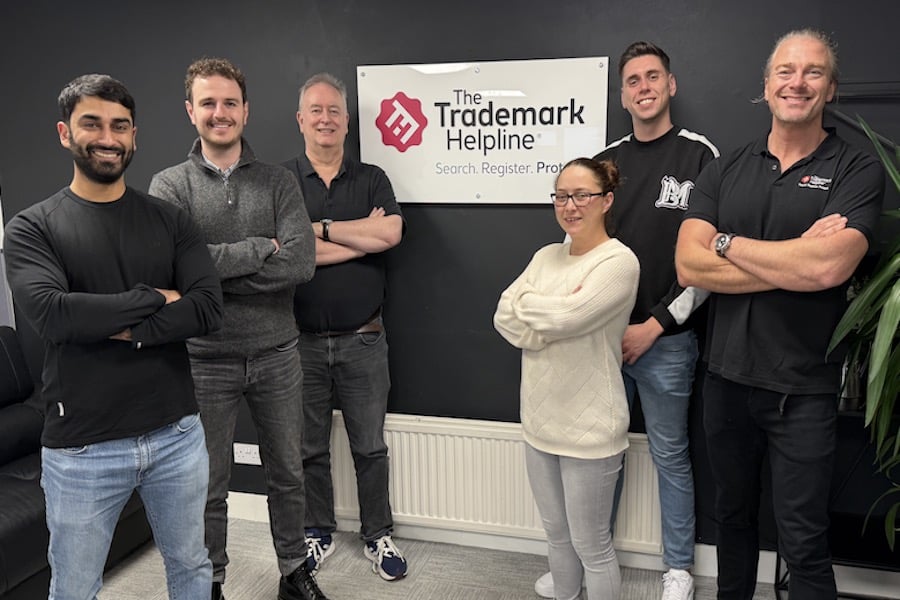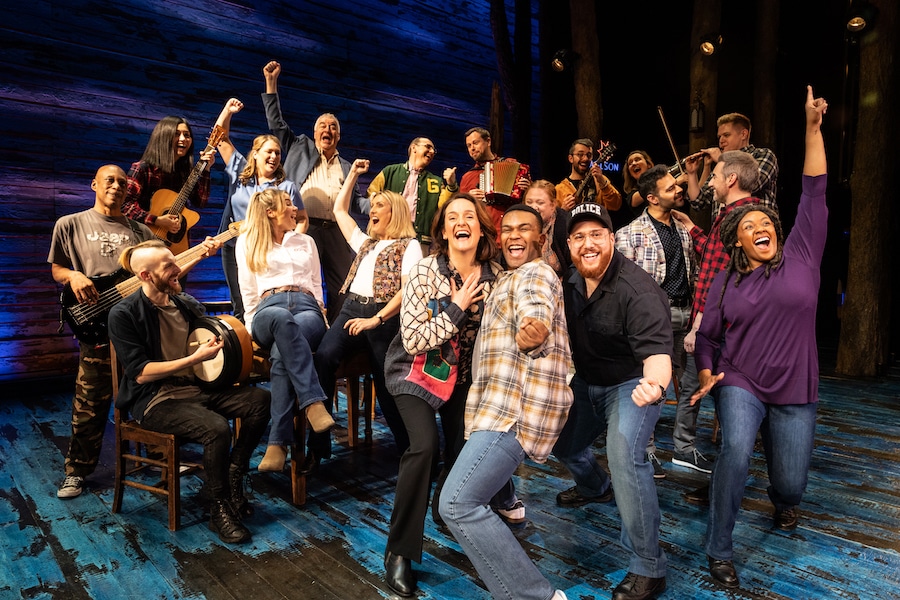From Pandemic boredom to West End success: Jack Holden’s journey with Cruise
- Written by Glenn Meads
- Last updated 2 years ago
- People, Theatre

He wanted to write a play about his experiences working for the LGBT Switchboard, as the calls he took gave him some stories which were both life-affirming and poignant.
That play Cruise began life as a filmed piece of theatre and ended up on a West End stage twice.
And it is now headed to Manchester this Summer.
We caught up with Jack to discuss this remarkable story, his experience working on the hit TV show Marriage with Nicola Walker and Sean Bean, LGBT+ representation and how things are changing, theatre post-pandemic and what he likes about Manchester.
Can you take us back to the beginning? How did you get the idea to write Cruise?
I moved to London after drama school in 2011. And after a couple of years of being in London and being a bit lost in the big bad city, I felt like I needed to do something meaningful. That wasn’t just acting and auditioning and I also wanted to meet LGBT people who weren’t from the acting industry because it is quite a small community.
I looked at different charities that I could maybe volunteer for and I found that Switchboard needed volunteers to take calls. Ironically the first person I met there was a producer for the Royal Shakespeare Company. So was not expanding my circles much at all. But he turned out to be a great friend and a great mentor. He’s in the play.
I did this for a year and I was only 23 and I felt like, personally for me, I could have done with more world wisdom to handle these calls. Life experience is what I’m talking about.
I had a brief call, in reality on one of those shifts which was from a man who had moved to London when he was 18 in 1984. And he had run away from a home where his sexuality was not tolerated. He landed on his feet in Soho and discovered his people and his community and he had fallen in love as well. Then after he and his partner met, they both got diagnosed with HIV. In 1984 there was no effective medication at all. So it was almost a certain death sentence and people around them were dying at an increasingly frequent rate. His partner passed away in 1986 and the most anyone had survived then was four years so he thought if he was lucky he would get four more years.
He decided that his time was up so they would just sell everything, run up a huge credit card debt and just party their through the rest of their days because they weren’t going to be around to deal with the consequences. A lot of men did that, then 1988 came around and he survived. He was putting a call into me in 2013 so he survived for a long time. He managed to survive until effective medication came along and his body responded to it. And it struck me that this was such a bittersweet story of someone being given their life back and yet all the things that make life worth living; his partner, his friends and his finances were all in tatters.
That story stuck with me for years and I was dying to bring it to the stage or the screen somehow. I had done bits of bobs of writing before but nothing substantial and then the pandemic came along. It was one of those irritatingly productive lockdown projects, as I was sitting at home and had nothing to do but write this story.
Where did you see the play being staged?
Part of me was thinking about what types of shows theatres were going to be able to programme when we come out the other side of lockdown. And I suppose I cannily thought it would be small-scale shows. One person shows or two people, something like that.
Having delivered a couple of monologues before, I thought if I can deliver it in this form, that might give it a chance to get it on. There was a perfect union of timing and people, as there has to be any type of show and it made it to the stage.
Without Covid, do you think Cruise would have been staged in the West End?
I wrote it in the depth of lockdown and me and John Patrick Elliot who wrote the phenomenal music in the show, developed it during the second lockdown. We never in a million years dreamt of the West End. We thought the state that theatre was in, we would be lucky to get it on anywhere. So we decided with Katy Lipson – the producer to make a filmed version because that is what everyone was doing with theatre shows at the time. That went very well and while were doing that, Nica Burns who runs Nimax Theatres said ‘I can’t open my big theatres with big shows and multiple cast members and social distancing. So I am looking for smaller shows from emerging producers.’ It seems quite odd to say this but we really did benefit from the fallout of the pandemic on theatre spaces. Normally you build the audience, build the cachet of the show. But we were lucky as we got in early doors and we got an Olivier nomination for Best New Play and that meant we booked a second West End run. So it has been a bit of a fever dream.
On the back of that, do you feel the West End and the regions have changed since then, in terms of programming?
I think we are living in the wake of Covid still in theatre. Nationally and financially there is the major influence of Brexit on what’s happening in our economy. There is a delayed Covid repercussion that is happening across the nation. But I think this is especially happening in theatre. We don’t quite have the international tourism that we did and that is a huge part of theatre-going. It’s a habit-forming thing and so many habits were changed or broken during Covid that haven’t quite been re-formed. The challenge for theatres up and down the country is not to just return to business as usual but to make more of a case for audience members to come out of their homes, into the big world and return to the live communal experience. I wouldn’t want to be running or programming a theatre in the last few years. Especially in light of Covid, Brexit and the financial squeeze and continued cuts to Arts Council funding. It’s an adverse set of circumstances. I would like there to be more opportunities for emerging theatre makers like me and the team behind Cruise. But that is not necessarily down to the individuals who programme.
If you were not writing and acting, what would you have pursued in terms of a career?
When I was leaving school, I did not properly entertain University. The two paths I was going down were either to go to drama school or join the Royal Air Force. My grandfather was in the Navy and I always admired him and I know you could get an amazing life. And I got an interview and everything but then I got into drama school and did that. I think I made the right choice.
I dream more and more about working outdoors and being involved in sustainability. It does get a bit tiresome, self-reflection, and auditions and sometimes a break would be nice.
You recently starred in the BBC hit show Marriage, which is a very honest and difficult TV show to watch due to the long, natural silence and the fact that it is not plot-driven. You either love it or hate it. What attracted you to it?
Stefan Golaszewski is an unmatched writer and he also directed the show. Nobody writes like him and his show Mum (starring Lesley Manville) was one of my favourites. I admire the way he tricks you into surface interactions that we all deliver day to day. Beneath those, there is a well of heartache and despair. I think that is such a talent to bury so much subtext and it’s so true to life. Knowing that Nicola Walker and Sean Bean were going to be in it was definitely a plus too. I liked the idea of playing a low-level nasty piece of work. The show presents the real difficulties of a 27-year marriage and adoption and difficult family relationships. Sometimes people don’t want that dose of reality and awkwardness and I understand that. For me, I think Stefan is a real artist.
How difficult is it to play a controlling and abusive character like Adam? What research goes into it or do you just deliver the script?
If we did a take and I was particularly nasty, Stefan would say: “That was very good Jack, that seemed very easy for you to access,” to really psyche me out. Evil characters don’t think they’re evil. And people don’t think they’re bad and good people worry that they’re bad. When it came to playing Adam I depended on the script but I mined it for what’s really going on, what does he want and what’s really going on? You do a bit of pop psychology on these characters and that motivates you and then it takes care of itself, hopefully.
Cruise comes to Manchester at HOME this Summer. What are you looking forward to the most about bringing the play here?
Lots of my family live around Accrington and Burnley so I used to come when I was younger and had not been back for a bit. Then over the last few years, I have come back to enjoy Manchester nightlife really. My love for Manchester has taken off over the last five years, as I have researched the music scene there. I have gotten to know it. It is a musical city and has a diverse queer culture.
As with every stage of this show, it is about the stars aligning and it makes sense that we are bringing Cruise to Manchester.
Cruise is powered by music and the euphoria that it brings. Are there any songs that get you fired up, ready to write, perform or go out somewhere?
Music is at least 50% of the success of Cruise and John Patrick Elliot is a genius and he’s got that level of genius where I would say this bit needs to sound like this. He would say: ‘Give me one minute’ and he would put his headphones on and work away on his laptop and play me something and it would be exactly what was in my head. He charts the play from the death of disco, through to synthesised pop, acid house and rave. It builds an intensity which is useful for the show.
In making the show, I listened to so much music. I developed an intense love for Frankie Knuckles and a lot of the Chicago house music scene. Just the stripped-back nature of it. You can see the origins and how Kraftwerk led to Daft Punk and that then bled into pop music. I love seeing that lineage, that story in music.
The spirit of the show is captured by Robyn’s Dancing On My Own. It’s not in the show but it is the perfect example of a song you can dance and cry to. It’s music about release and it’s music that takes you out of yourself and transports you. I am a fan of a lot of styles of music and it is constantly changing.
LGBTQ+ representation within dating shows such as I Kissed a Boy, dramas such as It’s a Sin, and comedies such as Jack Rooke’s Big Boys, the lens seems to be changing and the representation seems to be more authentic. Do you feel this is the case?
I think it is. I think back to secretly watching Queer as Folk on the family TV with the volume very low. We can’t deny that queer lives and queer stories are way more in the mainstream and that’s a good thing. As with a lot of our culture, it’s still centred around white bodies. There are a lot more diverse stories within the queer landscape to uncover and foreground. So I think there’s still a long way to go.
Heartstopper and a bunch of other stuff has arrived due to the explosion in content. If you make something about the AIDS crisis or adversity, you sometimes get a bit of flack for rehashing our trauma stories. If you tell a story that is optimistic or hopeful, you can get trashed for being ignorant of your community’s history.
With I Kissed a Boy if you can have honest conversations about issues and you can put that on TV, it’s a great thing. The conversation then becomes much more nuanced than ‘We’re a traumatised community or ‘We’re a happy community.’ It’s a bit of both. Something like Barry Jenkins’ Oscar-winning film Moonlight is beautiful because it had time to lean into the nuance and the difficulty but also the hope, the positivity and the identity and masculinity. It was a masterpiece of a film.
Cruise is at HOME from 20th July – 12th August and can be booked here and the trailer can be viewed here.
- This article was last updated 2 years ago.
- It was first published on 25 May 2023 and is subject to be updated from time to time. Please refresh or return to see the latest version.
Did we miss something? Let us know: [email protected]
Want to be the first to receive all the latest news stories, what’s on and events from the heart of Manchester? Sign up here.
Manchester is a successful city, but many people suffer. I Love Manchester helps raise awareness and funds to help improve the lives and prospects of people across Greater Manchester – and we can’t do it without your help. So please support us with what you can so we can continue to spread the love. Thank you in advance!
An email you’ll love. Subscribe to our newsletter to get the latest news stories delivered direct to your inbox.
Got a story worth sharing?
What’s the story? We are all ears when it comes to positive news and inspiring stories. You can send story ideas to [email protected]
While we can’t guarantee to publish everything, we will always consider any enquiry or idea that promotes:
- Independent new openings
- Human interest
- Not-for-profit organisations
- Community Interest Companies (CiCs) and projects
- Charities and charitable initiatives
- Affordability and offers saving people over 20%
For anything else, don’t hesitate to get in touch with us about advertorials (from £350+VAT) and advertising opportunities: [email protected]
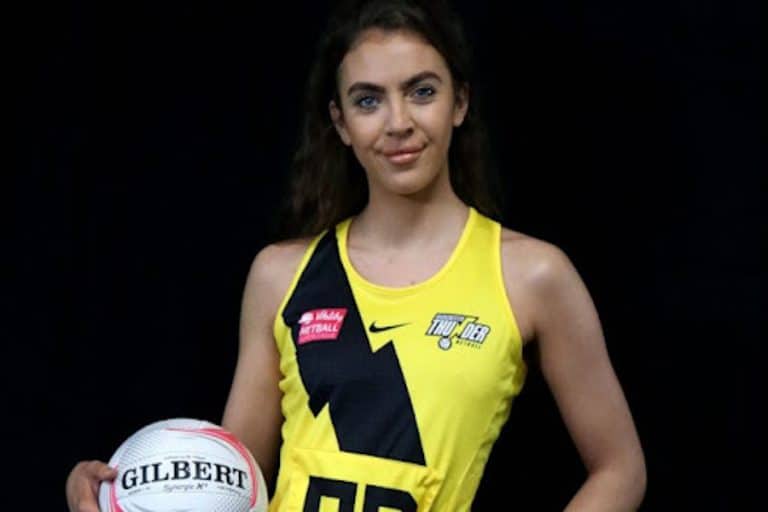
Fast, fierce and unmissable: Manchester Thunder are bringing Netball like you’ve never seen it before!

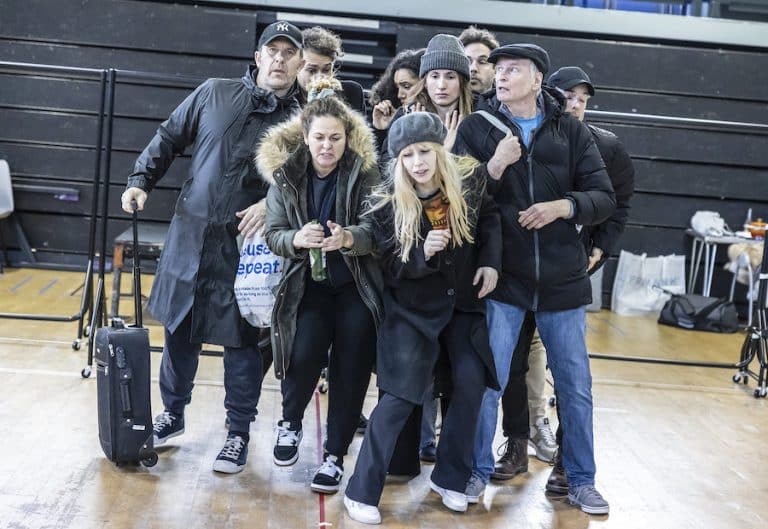
Review: Girl on the Train at LOWRY is a’ tour de force in psychological drama’
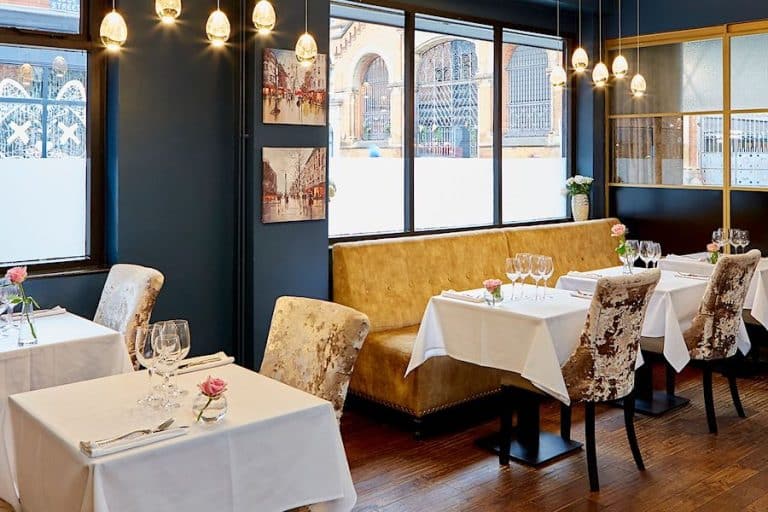
Where the Michelin Guide recommends to eat in Manchester

